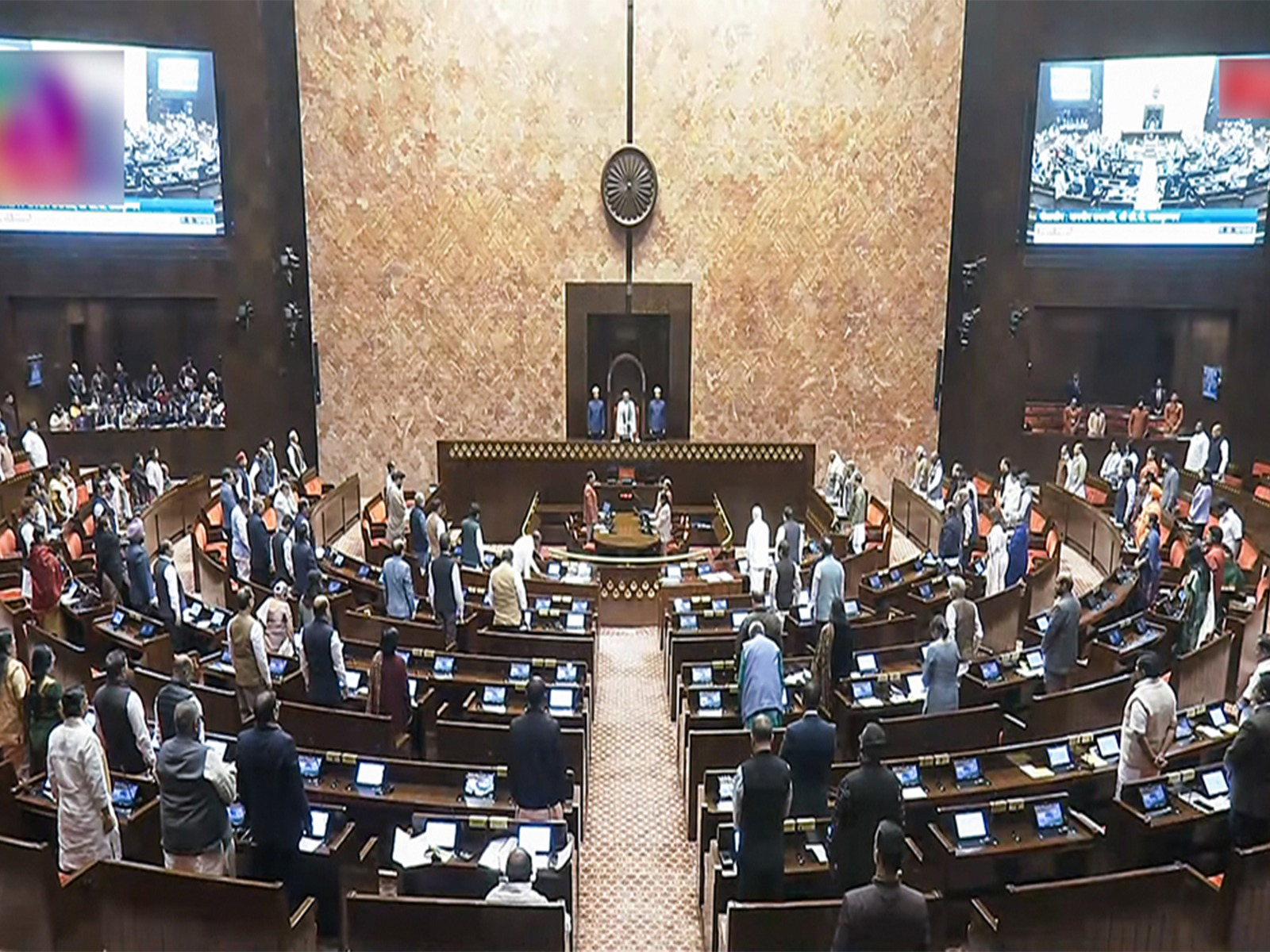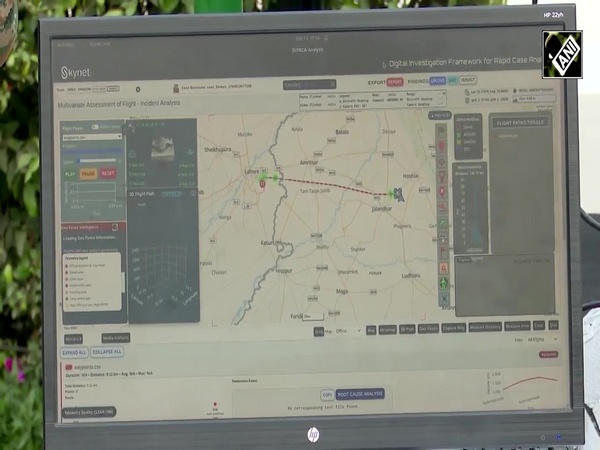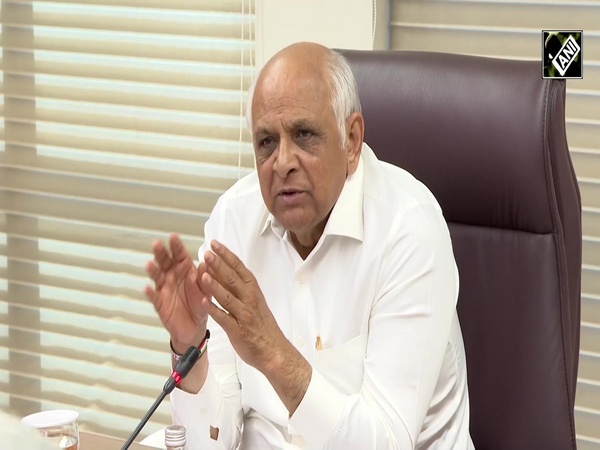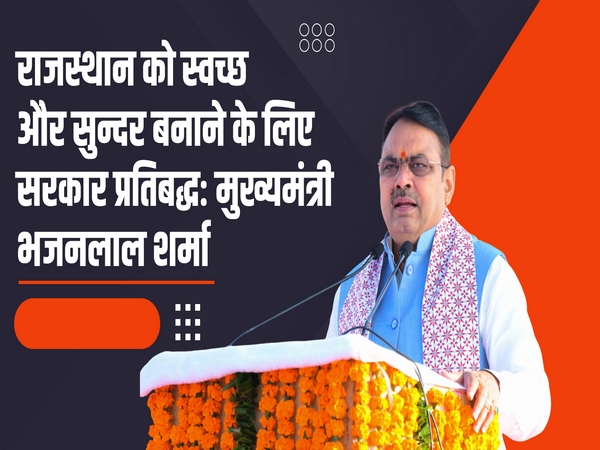"Will start this campaign from Rabi season in October": Union Agriculture Minister on 'Prime Minister Dhan-Dhaanya Krishi Yojana'
Jul 16, 2025

New Delhi [India], July 16 : Following the approval of the Prime Minister's Dhan-Dhaanya Krishi Yojana by the Union Cabinet, Union Agriculture Minister Shivraj Singh Chouhan on Wednesday said that the scheme aims to address the imbalance in agricultural productivity across the country. He further stated that the initiative will kick off during the Rabi season in October.
Speaking to reporters, Chouhan explained that the government plans to identify districts with low productivity and crop density, using specific parameters, to target improvements.
Union Agriculture Minister said, "The cabinet has approved the Pradhan Mantri Krishi Dhan Dhanya Yojana today. It is true that the agricultural revolution has taken place in the last 11 years, and our production of food grains has increased by more than 40%. Not only food grains, but also the production of fruits, vegetables, milk increased historically, but still, there is a lot of difference between the productivity of one state and another. At some places it is very high, at some places it is very low and even within states, productivity is high in one district and low in another district."
Chouhan emphasised that in regions where productivity and crop density are low, the government will aim to implement the scheme by converging the existing 36 schemes from 11 different departments.
"Hence, in districts where productivity is low, crop density is low, we will identify such districts on these three bases and in those districts, we will try to fully implement the thirty-six schemes of eleven departments through convergence...We will start this campaign from the Rabi season in October..." he added.
Earlier today, Prime Minister Narendra Modi-chaired Union Cabinet, in a meeting, approved the Prime Minister Dhan-Dhaanya Krishi Yojana, which was initially announced in the Budget for 2025-26.
This scheme, which was initially announced in the 2025-26 Union Budget, is designed to enhance agricultural productivity, increase crop diversification, promote sustainable farming practices, improve post-harvest storage, boost irrigation facilities, and facilitate access to credit.
Union Minister Ashwini Vaishnaw mentioned that the scheme would benefit 1.7 crore farmers across the country. The programme will have a financial outlay of Rs 24,000 crore annually, allocated for a period of at least six years starting from 2025-26.
Inspired by the success of the Aspirational Districts Programme, Finance Minister Nirmala Sitharaman had proposed this scheme on February 1, focusing on developing 100 districts under the Prime Minister Dhan-Dhaanya Krishi Yojana.
It is in pursuance of the Budget announcement for 2025-26 to develop 100 districts under "Prime Minister Dhan-Dhaanya Krishi Yojana". The Scheme will be implemented through the convergence of 36 existing schemes across 11 Departments, other State schemes and local partnerships with the private sector.
100 districts will be identified based on three key indicators of low productivity, low cropping intensity, and less credit disbursement. The number of districts in each state/UT will be based on the share of Net Cropped Area and operational holdings. However, a minimum of 1 district will be selected from each state.
Committees will be formed at the District, State, and National levels for the effective planning, implementation, and monitoring of the Scheme. A District Agriculture and Allied Activities Plan will be finalised by the District Dhan Dhaanya Samiti, which will also have progressive farmers as members. The District Plans will be aligned to the national goals of crop diversification, conservation of water and soil health, self-sufficiency in agriculture and allied sectors, as well as expansion of natural and organic farming. Progress of the Scheme in each Dhan-Dhaanya district will be monitored on 117 key Performance Indicators through a dashboard on a monthly basis. NITI will also review and guide the district plans. Besides, Central Nodal Officers appointed for each district will also review the scheme on a regular basis.
As the targeted outcomes in these 100 districts will improve, the overall average against key performance indicators will rise for the country. The scheme will result in higher productivity, value addition in agriculture and allied sectors, local livelihood creation and hence increase domestic production and achieve self-reliance (Atmanirbhar Bharat). As the indicators of these 100 districts improve, the national indicators will automatically show an upward trajectory

















